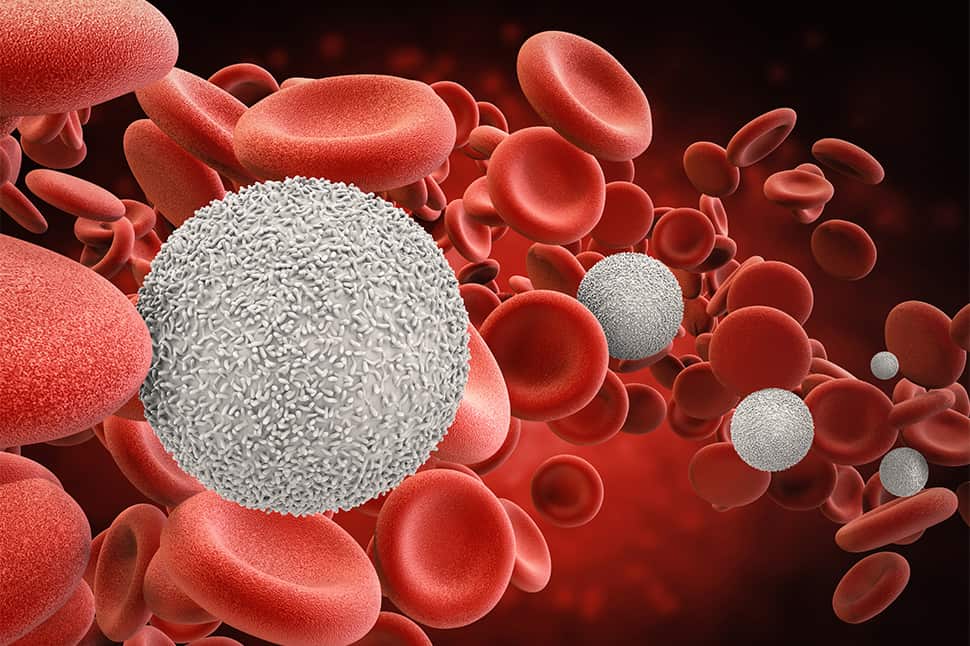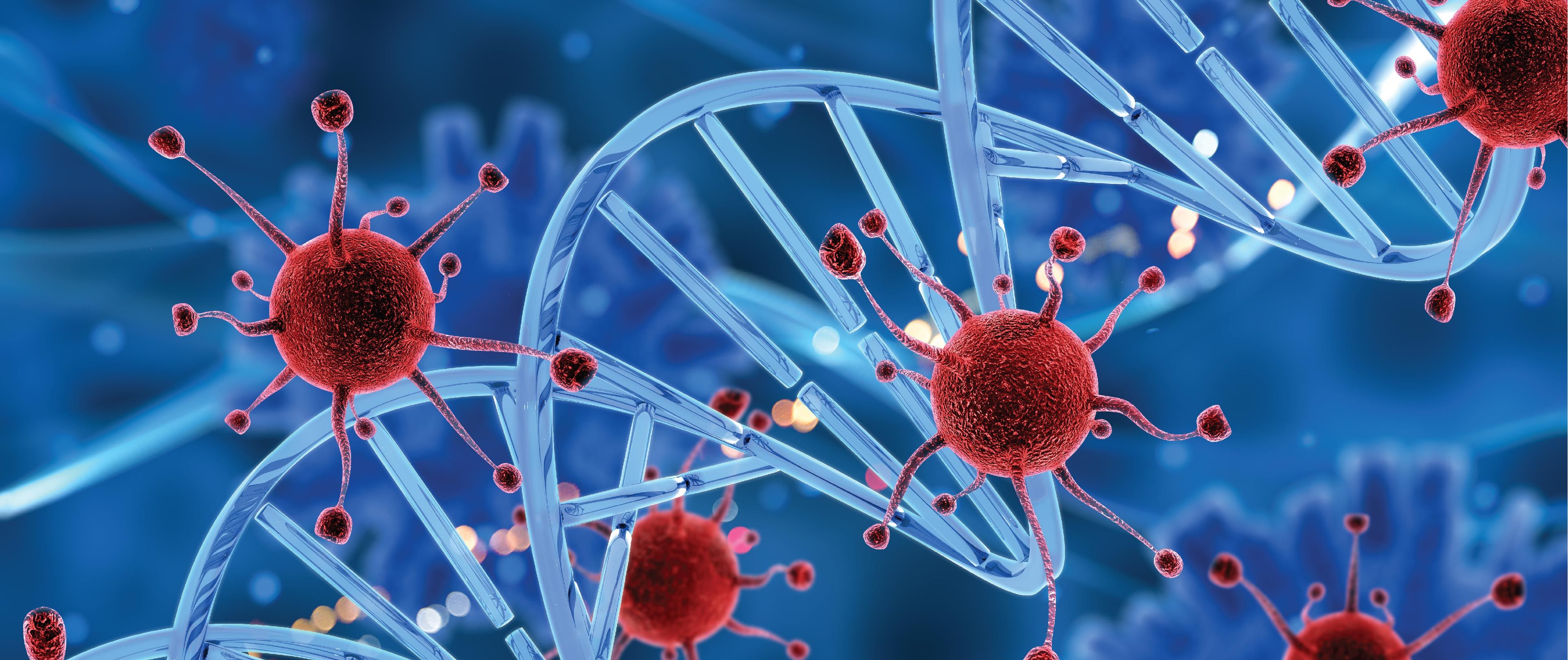Signs Of Blood Cancer – Blood cancer is one of the most dangerous forms of cancer. According to the National Cancer Institute, blood cancers are often deadly. However, with treatment, many patients survive longer than five years. Blood cancers are classified into four main categories. They include leukemia, lymphoma, myeloma, and multiple myeloma.
The three most common types of blood cancer are acute lymphoblastic leukemia (ALL), chronic lymphocytic leukemia (CLL), and acute myeloid leukemia (AML).
Blood cancer symptoms usually appear in the early stages. However, they may not show up until later.
Blood cancer, like other forms of cancer, is a serious health condition you must pay attention to. It’s important to be aware of any symptoms you might notice in yourself or others.
You may notice a change in your weight, appetite, or energy levels. You may see pain, tenderness, or swelling in your lymph nodes, joints, or other body areas.
It is recommended that you see a doctor for a blood cancer diagnosis. If you are experiencing any of these signs, please contact your doctor immediately.
In today’s post, I will talk about blood cancer, one of the most serious cancers to look out for.
Today’s blog post concerns blood cancer, one of the most common cancers people must worry about.
There are different types of blood cancer, but most often, I will talk about acute lymphoblastic leukemia (ALL). If you want to know what to look for when you see symptoms of blood cancer, then you should read my blog post on the signs of blood cancer.
Symptoms of blood cancer
Blood cancers are cancers that start in the cells of the blood. The most common types are leukemia, lymphoma, and myeloma.
As you can see, each type of blood cancer has different symptoms. The most obvious sign is that the patient has a high fever.
- Diarrhea
- Shortness of breath
- Tiredness
- Fever
- High fever
- Weakness
- Jaundice
- Headaches
Cancer is a scary word. Blood cancer, specifically, is one of the most difficult types because it is a disease that can strike anyone at any time.
However, knowing what symptoms to look for to catch them early is important. A complete blood count (CBC) test can reveal if you have cancer.
Blood cancers can affect the bone marrow, where blood cells are made. This makes blood cells less than normal. In addition to CBC testing, your doctor may refer you to a specialist to evaluate other organs.
Symptoms include fever, fatigue, and loss of appetite. Other symptoms include mouth sores, easy bruising, pale skin, and bleeding or bruising from the gums. If you experience any of these symptoms, don’t wait.
Types of blood cancer
I’m talking about the types of blood cancers here: leukemia, lymphoma, myeloma, myeloproliferative neoplasms, and myelodysplastic syndromes.
While their causes and symptoms vary, they all share a common treatment. So, it’s important to know what to look for when diagnosing these cancers.
Blood cancers include tumors in the blood-producing organs (bone marrow, spleen, liver, and lymph nodes) or the lymphatic system. These cancers are grouped into two categories: lymphoid and myeloid. Lymphoid cancers include lymphomas, leukemia, and other diseases that affect the cells of the immune system, while myeloid cancers affect the blood-forming cells called hematopoietic stem cells.
Lymphomas are malignant neoplasms originating in lymphocytes, which play a major role in the immune response. These cancers are relatively uncommon compared to leukemia, the second most common type of blood cancer, and can occur at any age. In children, leukemia is often called acute lymphoblastic leukemia (ALL).
Leukemia is a cancer that starts in blood-forming cells called hematopoietic stem cells. Hematopoietic stem cells are the cells that develop into red and white blood cells that protect the body from diseases.

When to get medical advice
It’s important to know what you’re dealing with to get the help you need when it comes to blood cancers. You may need a referral to a specialist, or you may need to take an aspirin every day.
There are different types of blood cancers, each with its symptoms, treatments, and outcomes.
I will give you a quick overview of the most common blood cancers, but I encourage you to look into each type.
For example, my partner has leukemia, a rare form of blood cancer. Instead, you may want to research other forms of blood cancer, like lymphoma or multiple myeloma.
Blood cancer is a type of cancer that affects the blood-forming organs. This includes the bone marrow, spleen, liver, and lymph nodes.
It has two types: acute and chronic. Sensitive blood cancer means cancerous cells are present in the bloodstream. Chronic blood cancer means that the cancerous cells are present in the body and cause damage but are not in the bloodstream.
There are several types of blood cancers. An infection causes some, while others are not. Some are very rare, while others are very common.
The most common type of blood cancer is lymphoma. Lymphoma is the most common form of blood cancer. Other common forms of blood cancer include leukemia, multiple myeloma, and myelodysplastic syndrome.
Blood tests for blood cancer
Blood tests for blood cancer are a very common way of detecting cancer. However, they can also see other conditions, including autoimmune diseases.
The great thing about blood tests for blood cancer is that they’re relatively easy and cheap to perform. There are also many different types of tests available.
Many types of blood tests can diagnose different types of cancer. These tests may be performed to determine the stage of disease, to check for the presence of certain types of cancer, or to pick the response to treatment.
It is important to remember that blood tests are not diagnostic tests. They only indicate whether a patient has cancer and which type and treatment options might be most effective for them.
The first thing you should do is see your doctor. You must know what these tests can reveal and whether they can help diagnose your type of blood cancer.
You probably won’t need a blood test if you’re feeling healthy. But it might be time to schedule an appointment if you’re experiencing symptoms like fatigue or pain.
There’s a lot of talk about gene-based therapies in blood cancers. So, what exactly is a gene-based treatment?
In a nutshell, it’s a treatment that targets the way genes behave rather than the disease itself. So far, there are only a few that the FDA approves.
It’s important to remember that while some of these treatments are still in the research stage, they may not be available for a few years.

Frequently Asked Questions (FAQs)
Q: Are there any warning signs of blood cancer?
A: There are no warning signs of blood cancer. All cancer cells are cancer cells, and no warning signs tell you that you have cancer.
Q: Does your type of cancer affect your career?
A: Yes. My lymphoma affects my immune system, and I must take medicines daily to keep myself healthy. It has affected my career because I can’t go out and do public appearances as much. I still have to work. I love what I do, but it doesn’t always feel like I love it.
Q: What is your most memorable experience on set?
A: My most memorable experiences on set have been working with other models who were friends or family. They would send photos to me of their children or grandchildren. They would also be concerned about what I was doing in my own life.
Q: What are some of the most common signs of blood cancer?
A: The most common signs of blood cancer are a sudden loss of appetite and fatigue. Other symptoms include unexplained bleeding from anywhere in the body, weight loss, fever, sore throat, bruising, or skin rashes that won’t heal.
Q: How can you tell if you have leukemia?
A: You will need a doctor to check for symptoms of blood cancer. Some symptoms include frequent infections or bruising easily.
Q: What is blood cancer?
A: Blood cancer is cancer of blood-forming organs like the bone marrow.
Q: Is it always fatal?
A: Depending on your type of blood cancer, you may live with it or die from it. If you are diagnosed early, your chances of survival are greater.
Myths About Blood Cancer
- Cancer only affects older people.
- Cancer only affects people with other health problems.
- Cancer only affects wealthy people.
- Cancer only affects poor people.
- The symptoms and signs of blood cancer are always very similar to those of other types of cancer.
- All forms of blood cancer are deadly, even though they may be curable in the early stages.
- Signs of Blood Cancer are not specific.
- Signs of Blood Cancer do not include the most common symptoms.
- Signs of Blood Cancer may indicate other illnesses.
Conclusion
In conclusion, there are many different signs of blood cancer. Some are easy to see, while others are harder to detect. But if you’re experiencing any of these symptoms, you must see a doctor immediately. The sooner you receive treatment, the greater your chances of recovery. If you’re looking to start a new career in online marketing, affiliate marketing is the best way to do it. This is especially true if the blood cancer is not aggressive.
If you have a friend or family member with blood cancer, they might know what you should look for. If not, I recommend contacting your doctor for advice.
